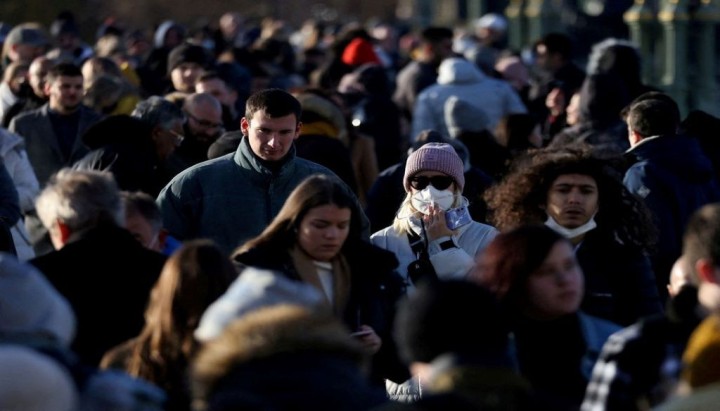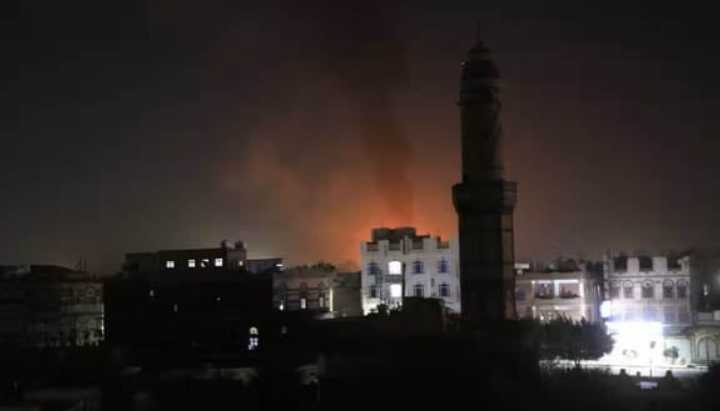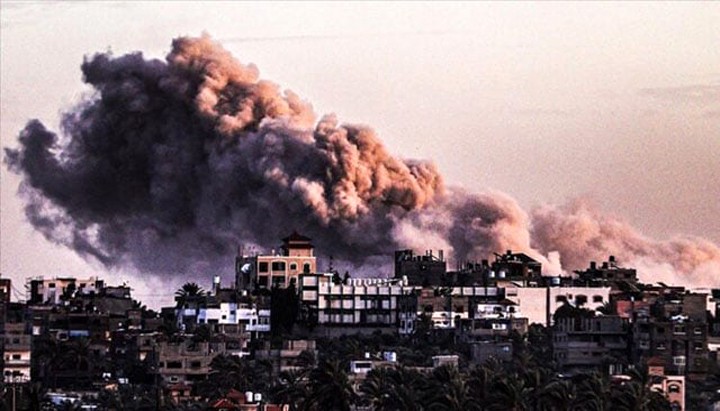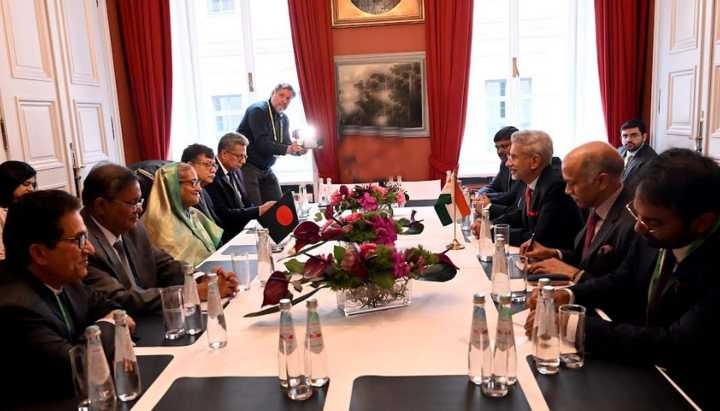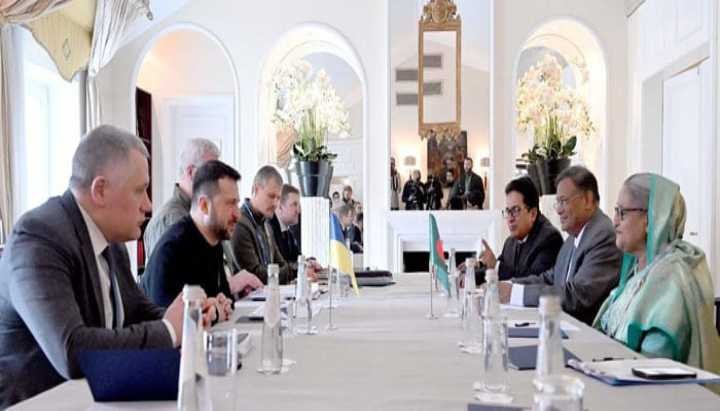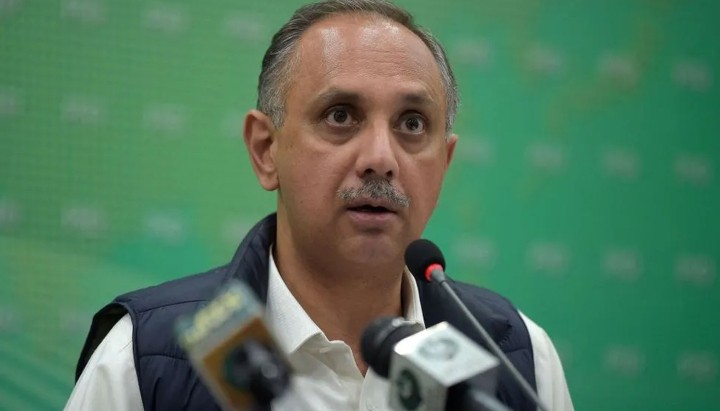The US, Britain, France and Australia have all announced
record numbers of daily Covid-19 cases as the WHO warned on Tuesday that
Omicron's dizzying spread increased the risk of newer, more dangerous variants
emerging.
Britain breached 200,000 cases for the first time on
Tuesday, Australia posted almost 50,000 and France registered more than
270,000, all three countries easily topping their previous records.
But dwarfing even those numbers was the 1,080,211 reported
by the United States on Monday, a global record.
The country's Monday figures are usually higher due to
delays in weekend tallying -- and were likely inflated further after a three-day
New Year's holiday weekend.
The rolling average over seven days -- which experts see as
more reliable -- was 486,000 cases per day as of Monday evening, Johns Hopkins
University said.
The heavily mutated Omicron variant, the most transmissible
to date, accounted for around 59% of US cases near the end of last year.
Omicron's rates of deaths and hospitalizations have been
lower across the world, raising hopes the virus could be evolving into a
relatively benign seasonal illness.
But the World Health Organization in Europe sounded an
ominous note of caution on Tuesday, warning the soaring infection rates could
have the opposite effect.
"The more Omicron spreads, the more it transmits and
the more it replicates, the more likely it is to throw out a new variant,"
WHO senior emergencies officer Catherine Smallwood told AFP in an interview.
"Now, Omicron is lethal, it can cause death... maybe a
little bit less than Delta, but who's to say what the next variant might throw
out," she added.
"Even in well-capacitated, sophisticated health systems
there are real struggles that are happening at the moment."
Such a scenario was feared in Britain, where the government
said Tuesday that hospitals have switched to "war footing" due to
staff shortages.
After the UK hit a record 218,724 cases in 24-hours, Prime
Minister Boris Johnson promised action to plug staffing gaps in the worst-hit
areas, including drafting medical volunteers backed by army support.
Johnson also defended his decision not to increase
restrictions over Christmas in England -- unlike in other parts of the UK --
and ruled out another nationwide lockdown.
Australia, which had previously successfully suppressed
infections for much of the pandemic, also smashed its previous caseload record
with 47,738.
The surging infections have driven a rush on increasingly
scarce self-administered rapid antigen kits and created hours-long queues at
centres providing more reliable PCR tests.
"I think at this point we all know somebody who has
either got Covid or we have got coworkers off work because they are
quarantining or isolating," Australia's deputy chief medical officer Sonya
Bennett said.
Cyprus also posted a new record of 5,457 cases on Tuesday
and now has the highest infection rate per capita, according to AFP figures.
Wealthy nations have rushed to give their population third
booster shots to counteract the rising cases, while many in poorer nations have
not yet been able to receive a first.
Ahead of the pack, Israel began rolling out fourth doses
last week. Prime Minister Naftali Bennett said Tuesday that a small Israeli
study indicated that fourth coronavirus vaccinations increased antibodies
"fivefold".
More restrictions
In China, which has pursued a "zero Covid"
approach, just three asymptomatic cases prompted 1.2 million people in the
central city of Yuzhou to be confined to their homes.
Daily infections have hit a two-month high in the
Philippines, which will expand restrictions in Manila from Wednesday to include
more than 11 million people living near the capital.
Omicron is also fuelling surging cases in India, where
authorities said the capital will lock down over the weekend.
The sprawling megacity's new restrictions came the same day
as its chief minister, Arvind Kejriwal, announced he had been infected and was
suffering "mild symptoms."
Also testing positive on Tuesday were Sweden's king and
queen, as well as Mauritanian President Mohamed Ould Ghazouani, none suffering
serious symptoms.
Omicron has also sent the sports world -- only just back on
its feet after previous Covid restrictions -- reeling, with many leagues forced
to cancel or postpone games.
Tennis world number Novak Djokovic -- who has repeatedly
refused to confirm whether he has been vaccinated – said on Tuesday that he was
heading to the Australian Open after being granted a medical exemption.


